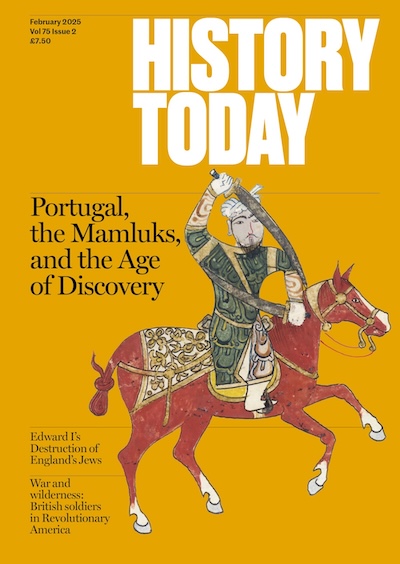Cardinal Wolsey and the Abbot of Chester
Tim Thornton explains how a complex legal case casts light on centralised royal power in Tudor England and its limitations.
Cardinal Thomas Wolsey is famous as one of the most dynamic and creative administrators and politicians of the Tudor period. This article describes how he came into contact with some of the most important independent jurisdictions ruled by the English king, in the county palatine of Chester. English history has traditionally told a story of a centralised state, to which many of the finishing touches were put by Wolsey and his successor Thomas Cromwell. In contrast, the intention here is to demonstrate that strong independent jurisdictions were still present in fifteenth-century England. Although Wolsey's impact on the country must still be described as significant, neither it nor later intervention by Thomas Cromwell destroyed the autonomy of the shire. The territories of the English king remained an open and decentralised set of political systems. The experience of John Birchenshawe, who became abbot of St Werburgh's monastery, Chester, in 1493, demonstrates how it happened.





